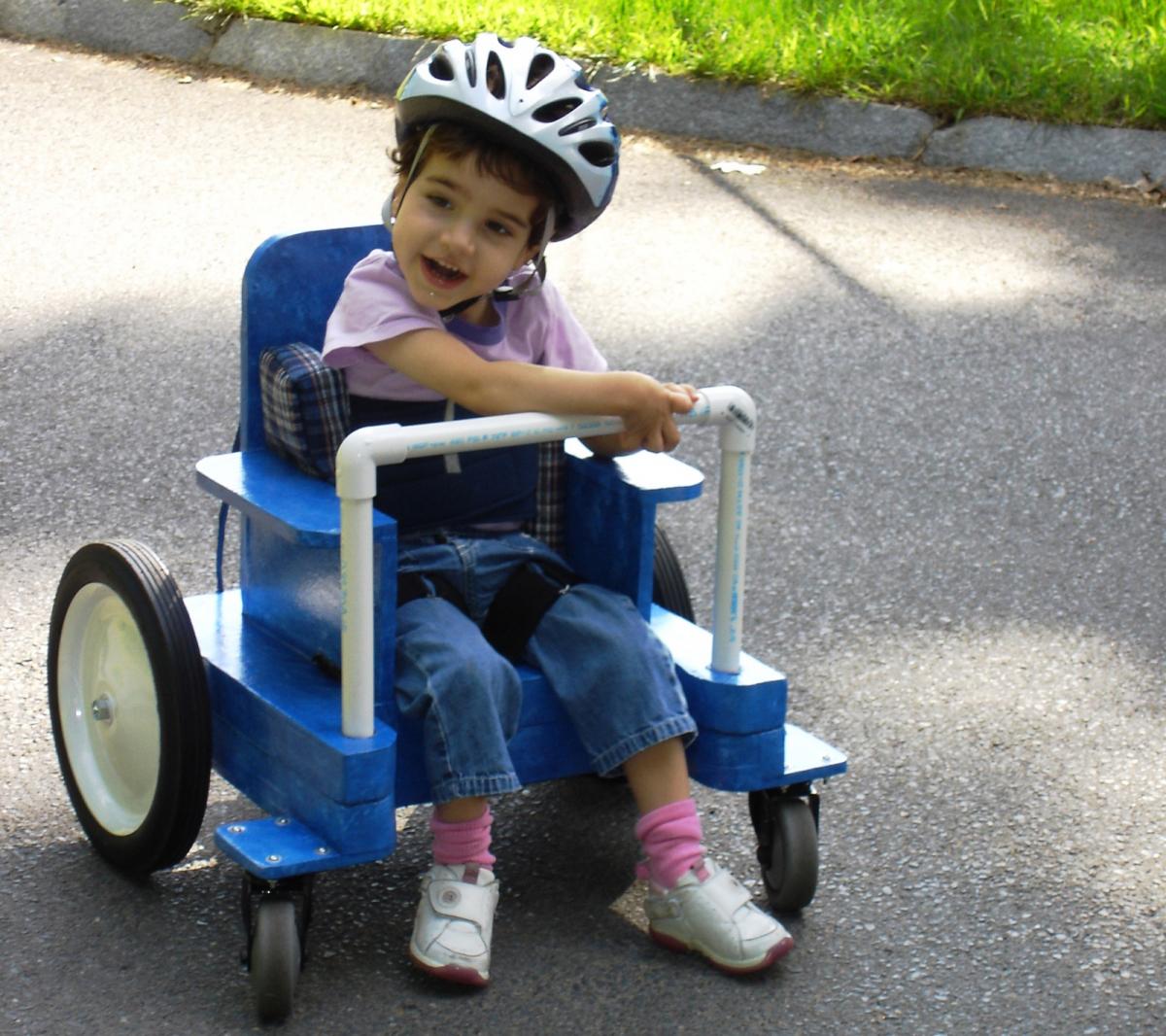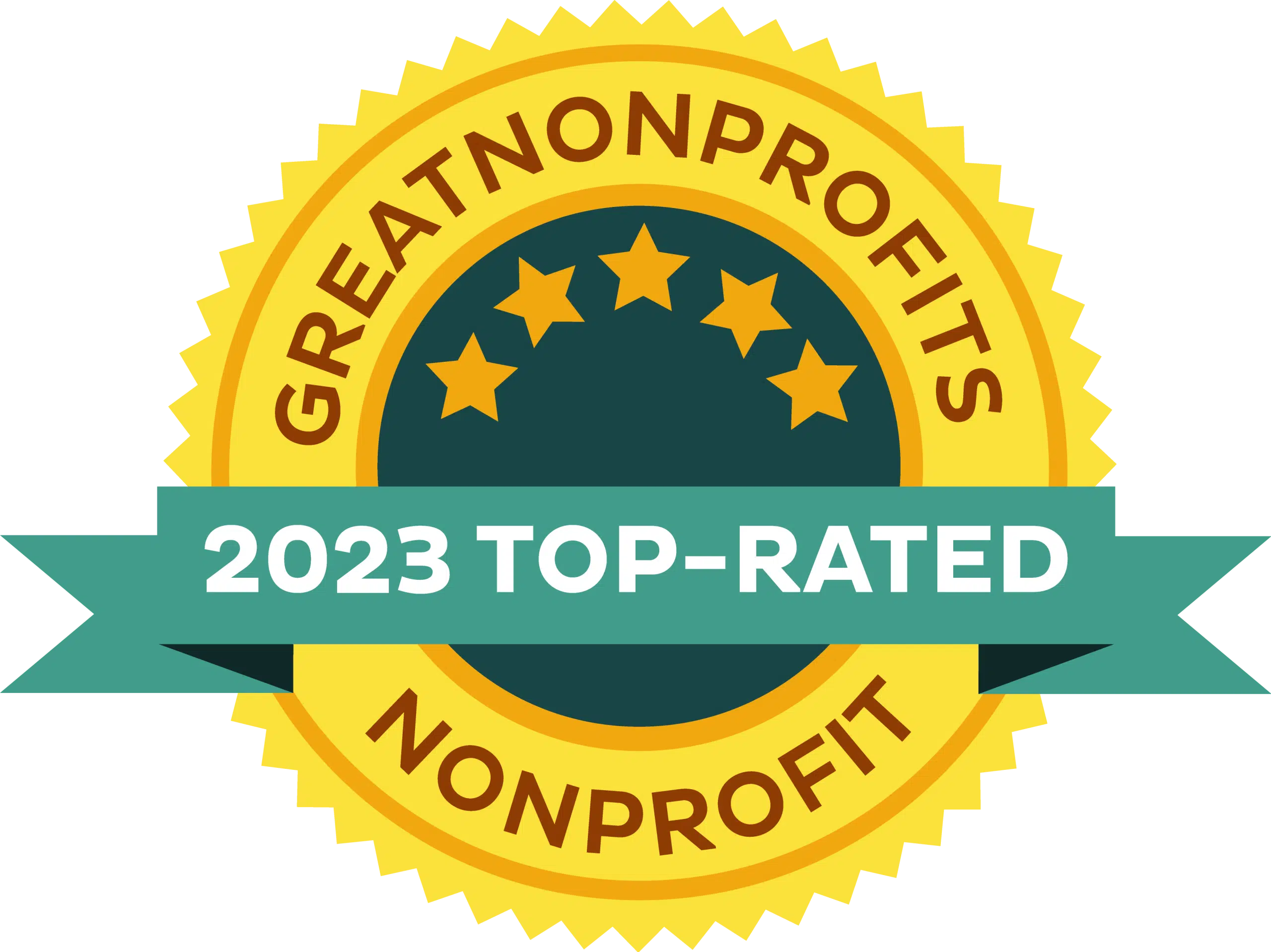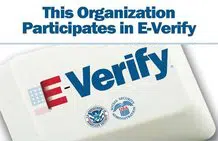Partners’ What Works conference in May had many outstanding presentations on programs that have worked for Partners in their last 50 years and why they’ve succeeded. One of the presentations was by Alex Truesdell on her work with the Adaptive Design Association (ADA).
Truesdell was a Kellogg Fellow with Partners. During her Fellowship she worked in Boston to pilot a replication plan in two elementary schools. Truesdell was more than just satisfied by her Fellowship experience; it completely changed the course of her life. She mentioned in an interview that it was her Fellowship and the connection she made to Partners that began her journey to establishing ADA.
“I learned to think and look beyond my small sphere and daily routines. Before the Fellowship I supposed there were more contrasts among people and communities than similarities.” – Alex Truesdell
During her fellowship Truesdell encountered ordinary people doing astounding things. She mentioned, “There is untapped human potential everywhere, not just in people with disabilities, but in people everywhere.”
Partners aims to highlight regular people doing extraordinary things in our work throughout the Western Hemisphere. After experiencing this throughout her Fellowship, Truesdell became determined to do something more, to show the world that everyone deserves a chance to live to their full potential. And so, with very little money, but plenty determination, Truesdell created the ADA in New York City.

ADA will work directly with a child’s family, teachers, and therapists to help turn “ideas into plans.” From sketches and recommendations, they create customized devices using everyday tools and building materials. Most importantly, they teach others to do the same and they share every technique and device they develop. ADA strives to inspire widespread replication.
From this organization, occupational therapists, such as Kit Frank, have learned to take simple materials and change children’s lives with them. This short video on Kit Frank’s work in Ecuador demonstrates the potential of Adaptive Design initiatives in other countries.
“The film ‘A World of Difference With Cardboard’ tells the story of a replication project in Ibarra, Ecuador. The project was started by Kit Frank, an occupational therapist, and this short documentary shows the amazing things people can accomplish with simple tools and shared goals.” -Alex Truesdell
Another short documentary, Among The Giants (below), describes the mission and drive behind Adaptive Design was made in 2009. It focuses on the unique needs of Tamara Morgan and Raven DeSayles, both of whom needed customized devices that would never have been made commercially. Truesdell mentions that without these tailored adaptations both would be terribly and unnecessarily disabled. This film has been shown at disability film festivals around the country, often through ReelAbilities.
Truesdell reminds us that we must stop thinking of a physical and sensory disabilities equal cognitive disabilities. In fact, with the right adaptations, people can accomplish just as much as any person without a disability.
At the What Works conference, Truesdell reminded the Partners community of the how much good can happen with persistence, unconditional care, service, and connections.
Partners stands by Truesdell. Throughout all of our chapters we work to support programs that encourage people to push beyond limitations. Since 1973, when Partners launched the PREP program, an inter-American network of leaders to promote programs to assist people with disabilities throughout the hemisphere, Partners has been working to foster relationships with and learn from the disabled population.

Truesdell understands the future of Partners and our new PartnersConnect, an initiative which aims to open up our network beyond the traditional bi-lateral partnerships (between a northern state and a southern country) that have served us well over the years. While they have been highly successful partnerships in many cases, Partners recognizes the need to adapt to the increasingly globalized, interconnected world of today.
As Partners’ 50th anniversary approaches, we will be heavily focused on making our network easier to access, join, and remain connected with Partners so the other Alex Truesdells out there can continue to connect, serve, and change lives with the support of Partners.




